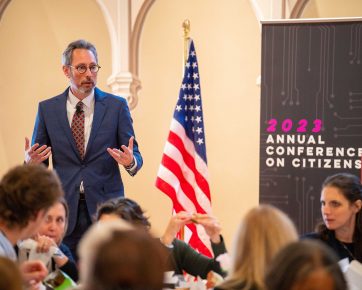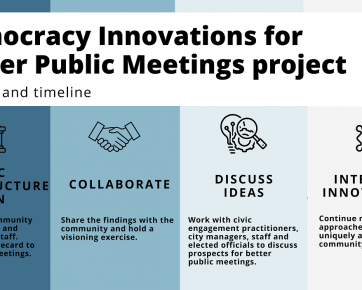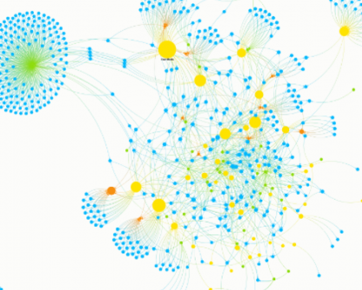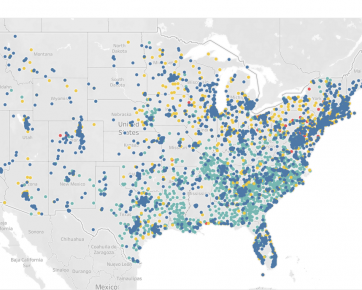Center for Democracy Innovation
Making democracy more participatory, equitable, and productive.
The mission of the National Civic League’s Center for Democracy Innovation is to understand, test, and disseminate innovations that can make democracy more participatory, equitable, and productive. We work to sustain democracy by inviting people to help redesign the “civic infrastructure” of their communities, scale democracy through strategies for inclusive engagement to improve equity and governance, and measure the quality of democracy and engagement, particularly in ways that lift up the views and ratings of residents.
The real work to improve democracy is happening at the community level. Local leaders of all kinds are generating new ideas and practices to help people make decisions and solve problems together. The Center examines, supports, and shares these innovations through hands-on technical assistance in communities.
Are you…
- Trying to make official public meetings more participatory, civil, and productive?
- Seeking equity – not only by involving people from all walks of life in public decision-making, but by ensuring that the decisions and outcomes of those processes are themselves equitable?
- Aspiring to give young people in your community – including young people from all walks of life – better opportunities for civic education, engagement, and leadership?
- Uncertain about how to integrate digital tools in your work with the public, how to choose from the many tools available, how to use technology equitably, and how to give community members a say in its use?
- Concerned that the laws and ordinances governing public participation in your community are outdated and difficult to interpret?
- Looking for strategies that will help you engage large, diverse numbers of people – potentially across a whole region, state, or the country – that combine scale, reasonable deliberation, and good information?
- Seeking ways to work effectively with neighborhood associations, parent associations, and local online networks?
- Trying to get a better sense of the that influence how you work with the public and how you collaborate with other organizations?
…then we want to offer tools, approaches, and insights, learn from your experiences, and share with you what other communities are doing.
We Explore Ways to:
Scale Democracy
through strategies for engaging people in state and federal decisions about pressing issues like health, education, and climate change. The Center continues the National Civic League’s long tradition of offering tools and partnerships that can give people a meaningful say on the policies that affect their lives.
Sustain Democracy
by inviting people to help redesign the “civic infrastructure” of their communities. This particularly important for involving a broader range of people, especially marginalized and underserved communities, so their voices are heard, their efforts to solve problems are supported, and their community networks are strengthened.
Measure Democracy
so that officials and citizens can chart their progress. By taking stock of local conditions through our Civic Infrastructure Scans, and by allowing people to rate their communities through the Engagement Scorecard, we are giving everyone a role to play in improving democracy. These measurement tools can also show the connections between civic health and major social indicators like poverty, health, and environmental resilience





The form of democracy we have in the United States today is about 100 years old. In many ways it has served us well, but it no longer meets the needs and goals of Americans. In order to survive, democracy must evolve.
The social, economic, digital, and environmental shifts that have made our current form of democracy obsolete are in many ways positive changes, and we can capitalize on them. People are more educated than ever before, they are less deferential to authority, and social media plays a steadily increasing role in their lives. We are used to having choices in all aspects of our lives. When it comes to governance, Americans still want to elect their representatives, but they don’t want officials do all the governing. People want more meaningful roles in public decision-making and they can contribute more to public problem-solving.
Americans favor democracy innovations that would give them greater authority and voice, along with more equitable, deliberative, collaborative relationships with their governments. Support for these measures ranges from 75% to almost 90%, without significant differences between parties. These reforms and practices include engagement commissions, large-scale deliberative processes, serious games, participatory budgeting, citizen’s assemblies, SMS-enabled discussions, youth voice programs, and many others. These kinds of innovations have already been instituted in other countries, from Iceland to Taiwan to Colombia.